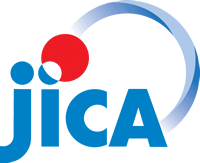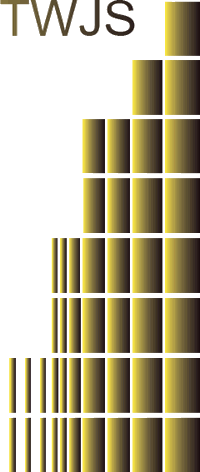Drug Policy: Reviewing Existing Guidelines
Drug Policy Advocacy Group (DPAG) organized the “ towards sustainable drug policies: Myanmar and UNGASS 2016” to focus on drug policies reforms which are evidence-based and oriented in public health and development approaches in Yangon, Monday.
The objective of this event is to call attention to various key stakeholders on the importance of developing humane drug policies and practices.
COORDINATOR, DRUG POLICY ADVOCACY GROUP (DPAG), DR.NANG PANN EI KHAM: We formed this group in 2014 with the aim of surveying the drug policies and how to amend it. We have to discuss about the drug policies and the UN general assembly special session (UNGASS) in drugs will be held in New York in April 2016. So we have to share about it to the participants. It is important for member states, including Myanmar, to participate in the discussions and debates of the UNGASS, highlighting the needs of non-punitive and right based drug policies and laws.
The panel discussions will also focus on the inclusion of affected communities, such as people who use drugs and opium farmers in policy making.
CONSULTANT PSYCHIATRIST, MYANMAR ANTI-NARCOTICS ASSOCIATION(MANA), DR.MAUNG MAUNG LWIN: I have to share my experiences on the drugs policies and talk about Myanmar Narcotic Drug and Psychotropic Substances Law to the public. I think we should reform this law so that affected communities can equally access to quality services that they need.
According to the UNODC, Myanmar is the world’s second largest producer of opium. In 2012, in Myanmar some 300,000 households were directly involved in opium cultivation of 51,000 hectares.
LASHI LA: I have to attend the UNGASS 2016. It is very important for our country because we can share our experiences among the international communities. This event is helpful for us because we know about the drugs policies. And I am glad to share my experiences about drugs users and poppy plantation to the participants.




















Add new comment